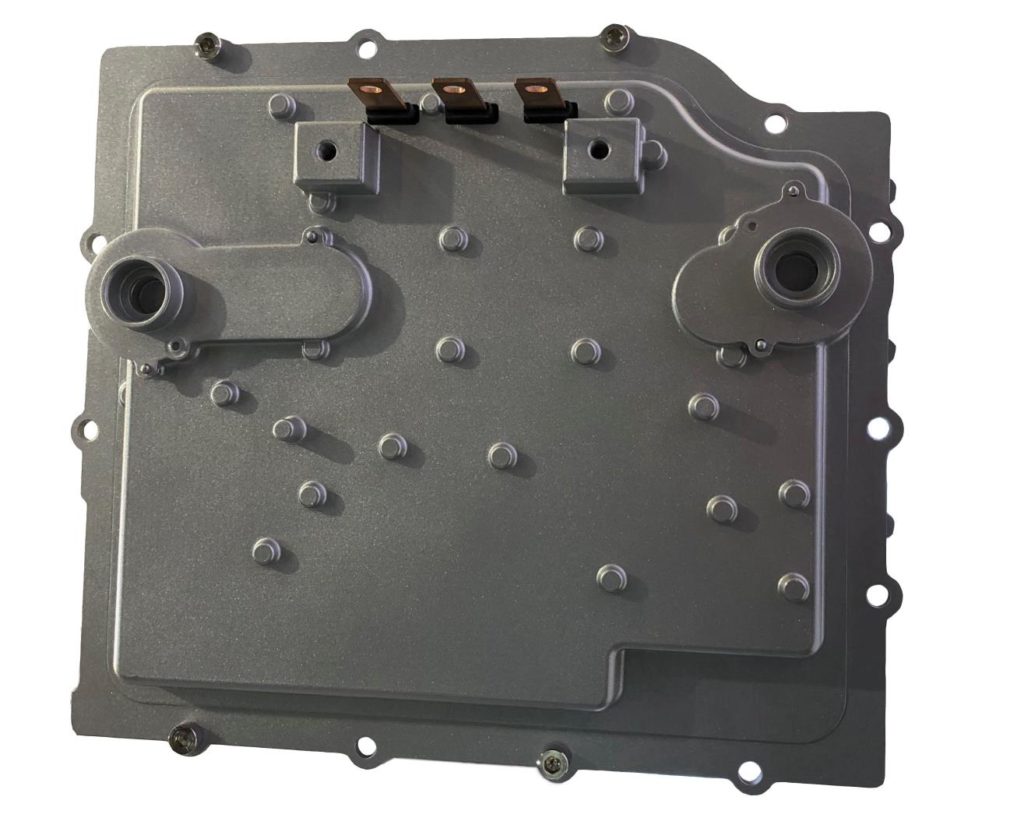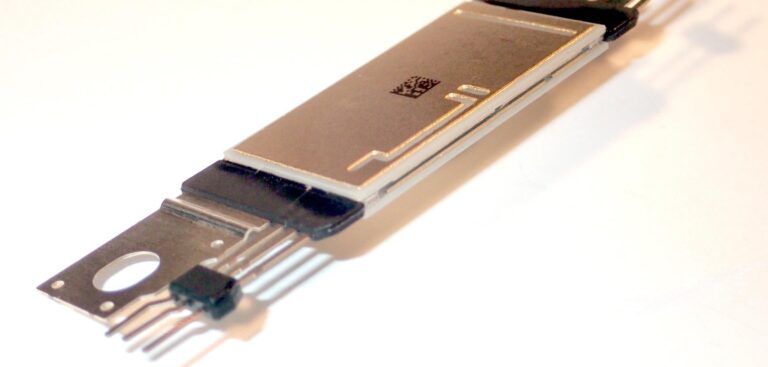Range anxiety and charging times play an important factor in the electric vehicle industry, and while new battery chemistries and technologies are being invested in to help solve the issue, one company has revealed a simple component that could double range and cut charging times by half.
The industry’s first volume production 800V silicon carbide (SiC) inverter has been unveiled to enable electrical systems up to 800 volts, compared to today’s 400V systems.

This groundbreaking new technology created by Delphi Technologies is one of the key components for the next-generation of highly-efficient electric vehicles and uses state-of-the-art silicon carbide MOSFET semiconductors (silicon carbide-based metal–oxide–semiconductor field-effect transistor wide bandgap technology). The result is to enable electric vehicles to drive longer distances, have faster charging times and improve overall efficiency.
“Doubling the voltage from today’s typical 400 volts brings a substantial range of benefits, both for the vehicle user and for the vehicle manufacturer,” explains Richard F. Dauch, chief executive officer of Delphi Technologies. “We have designed this technology to simplify vehicle manufacturers’ multi-voltage strategy as they extend their electric and hybrid vehicle ranges.”
Using a patented power switch range replaces conventional silicon with silicon carbide, a high band gap semiconductor that allows very fast switching and can operate at even higher temperatures. “The faster switching alone will allow faster, more compact and lighter motors that offer great efficiency and greater range,” explains Dauch. “That’s in addition to the many benefits of moving to 800 Volts.”
With the new Delphi Technologies SiC inverter operating at 800 volts, vehicle engineers now have additional flexibility to optimize other powertrain systems. Options include more range or a smaller battery; ultra-fast charging or smaller, lighter, cheaper cables; and greater harvesting of vehicle kinetic energy when braking, further extending vehicle range.





